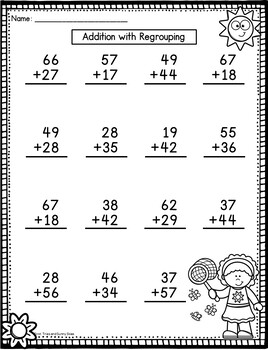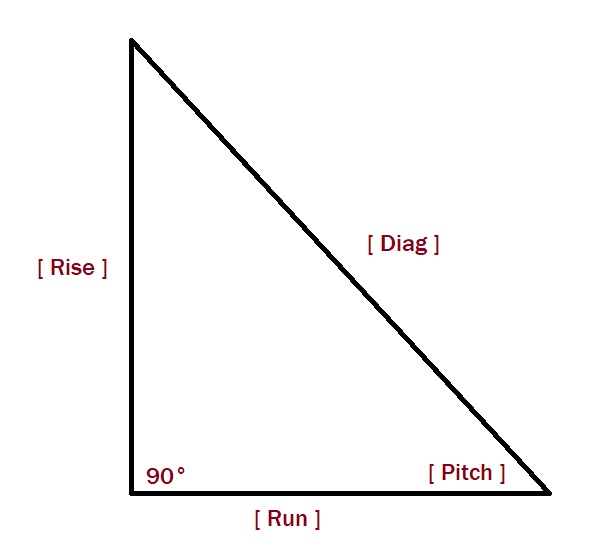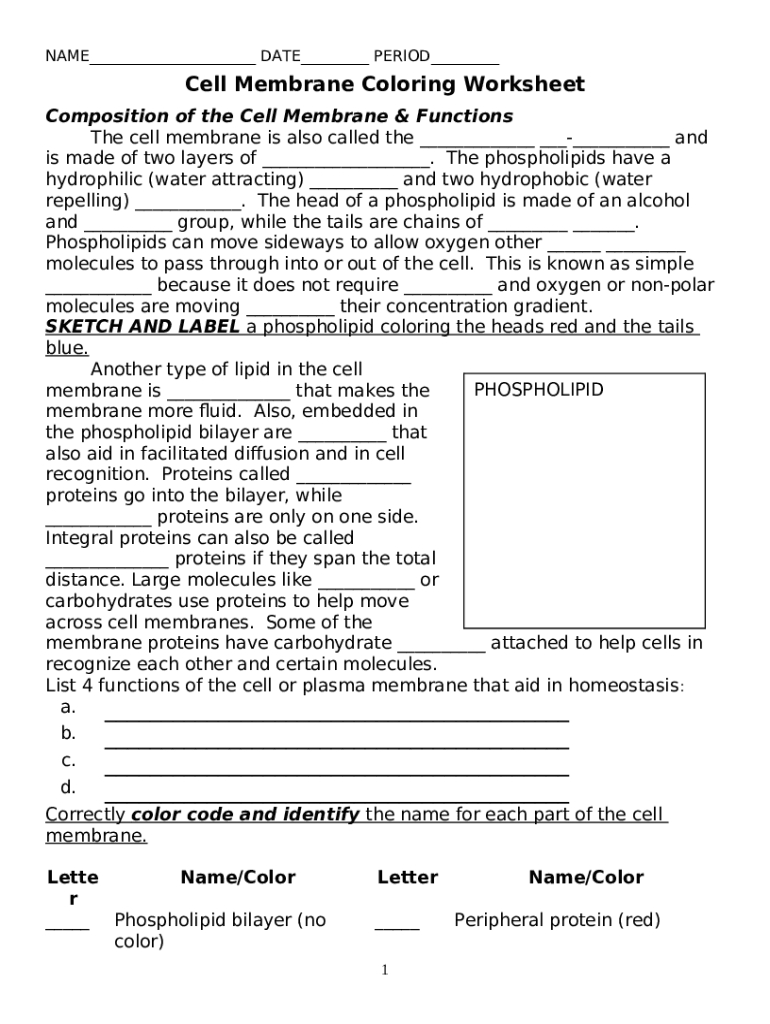Simple Fractions Worksheets for Easy Learning
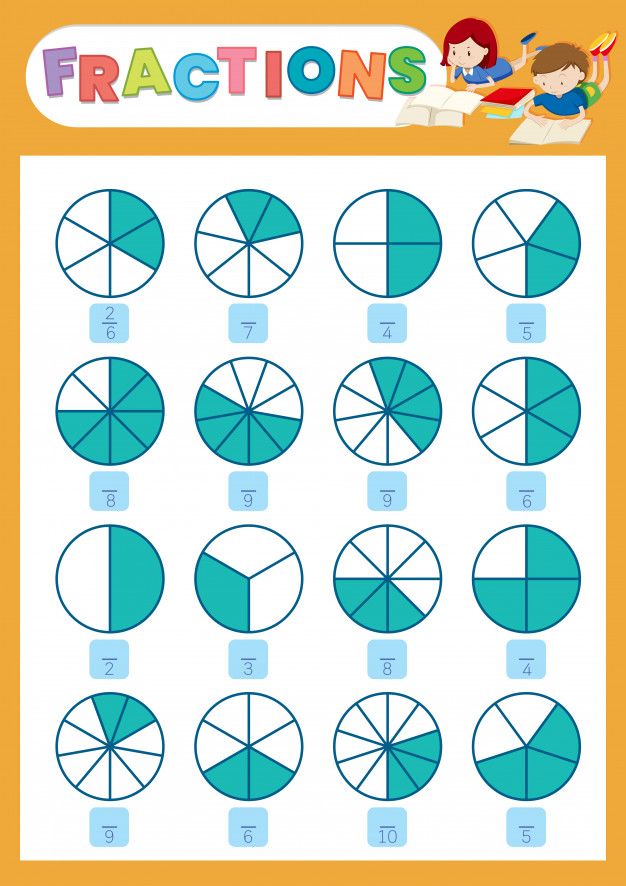
Mastering Simple Fractions with Worksheets
Simple fractions are a fundamental concept in mathematics, and mastering them is essential for more advanced math concepts. In this blog post, we will provide you with a comprehensive guide on simple fractions and offer free worksheets to help you practice and learn.
What are Simple Fractions?
A simple fraction, also known as a common fraction, is a fraction that represents a part of a whole. It consists of two parts: the numerator and the denominator. The numerator is the top number, and the denominator is the bottom number. For example, in the fraction 3⁄4, 3 is the numerator, and 4 is the denominator.
Types of Simple Fractions
There are two types of simple fractions:
- Proper Fractions: These are fractions where the numerator is less than the denominator. For example, 3⁄4, 2⁄3, and 1⁄2 are proper fractions.
- Improper Fractions: These are fractions where the numerator is greater than or equal to the denominator. For example, 4⁄3, 3⁄2, and 2⁄1 are improper fractions.
How to Simplify Simple Fractions
To simplify a simple fraction, you need to find the greatest common divisor (GCD) of the numerator and the denominator. The GCD is the largest number that divides both numbers without leaving a remainder. Once you find the GCD, you can divide both the numerator and the denominator by the GCD to simplify the fraction.
For example, let’s simplify the fraction 6⁄8:
- Find the GCD of 6 and 8: 2
- Divide both numbers by 2: 6 ÷ 2 = 3, 8 ÷ 2 = 4
- Simplified fraction: 3⁄4
Worksheets for Simple Fractions
Here are some free worksheets to help you practice and learn simple fractions:
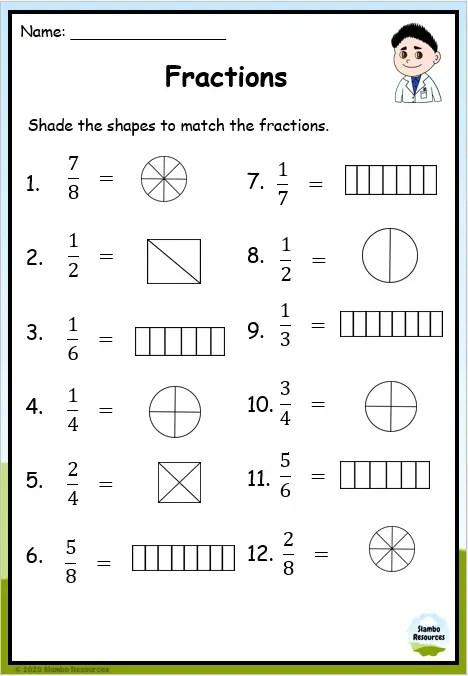
| Worksheet | Description |
|---|---|
| Simple Fractions Worksheet 1 | Identify proper and improper fractions |
| Simple Fractions Worksheet 2 | Simplify fractions by finding the GCD |
| Simple Fractions Worksheet 3 | Add and subtract fractions with like denominators |
📝 Note: These worksheets are meant to be used as a supplement to your learning. Make sure to review the concepts and practice regularly to reinforce your understanding.
Tips for Learning Simple Fractions
- Use visual aids: Draw diagrams or use real-life objects to represent fractions.
- Practice, practice, practice: The more you practice, the more comfortable you’ll become with simple fractions.
- Break it down: Break down complex fractions into simpler ones to make it easier to work with.
- Play games: Play games that involve fractions, such as fraction war or fraction bingo.
Conclusion
Mastering simple fractions is a crucial step in math education. With these worksheets and tips, you’ll be well on your way to becoming a fraction expert. Remember to practice regularly and use visual aids to help you understand the concepts better.
What is the difference between a proper and improper fraction?
+A proper fraction is a fraction where the numerator is less than the denominator. An improper fraction is a fraction where the numerator is greater than or equal to the denominator.
How do I simplify a fraction?
+To simplify a fraction, you need to find the greatest common divisor (GCD) of the numerator and the denominator. Then, divide both numbers by the GCD to simplify the fraction.
What are some real-life applications of simple fractions?
+Simple fractions are used in cooking, measurement, and finance. For example, a recipe may call for 1⁄2 cup of flour, or a store may have a sale where everything is 1⁄3 off.
